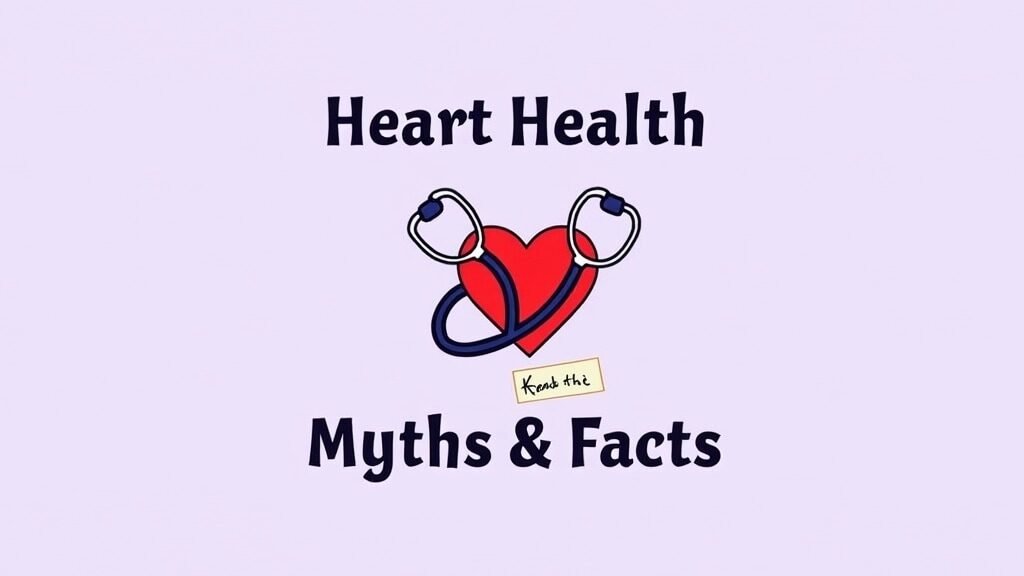
Menopause Myths and Facts: What You Need to Know. Menopause is a natural phase in every woman’s life, typically occurring in their late 40s or early 50s. Despite being a universal experience, many myths and misconceptions about menopause persist, which can lead to confusion, anxiety, and unnecessary stress. Understanding the facts about menopause can help women approach this transition with confidence and clarity. In this blog, we’ll debunk common myths and highlight essential facts about menopause to help you navigate this important phase of life.
Myth 1: Menopause Happens Suddenly
One of the biggest misconceptions about menopause is that it happens suddenly and without warning. In reality, menopause is a gradual process that occurs over time. The years leading up to menopause, known as perimenopause, typically begin in a woman’s 40s and can last for several years before menopause is officially reached. During perimenopause, women experience hormonal fluctuations that lead to changes in menstruation and other physical and emotional symptoms.
Fact: Menopause is a gradual process that unfolds over several years, beginning with perimenopause. It officially begins when a woman has gone 12 consecutive months without a period.
Myth 2: Menopause Only Causes Hot Flashes
While hot flashes are a common symptom of menopause, they are far from the only issue women experience during this time. Menopause can bring a range of physical, emotional, and psychological changes, including sleep disturbances, weight gain, mood swings, vaginal dryness, and decreased libido.
Fact: Menopause affects each woman differently, and symptoms can vary widely. Some women may experience only mild symptoms, while others may struggle with more severe issues. Understanding the full spectrum of symptoms is essential for managing them effectively.
Myth 3: Menopause Means the End of a Woman’s Sexual Life
Another myth surrounding menopause is that it signals the end of a woman’s sexuality. While hormonal changes can lead to physical discomfort, such as vaginal dryness or decreased libido, it does not mean that women cannot enjoy an active and fulfilling sex life. Many women find that their sexual health improves post-menopause, as they no longer have to worry about contraception or menstrual cycles.
Fact: Menopause does not end sexual activity. With the right treatment, such as hormone replacement therapy (HRT) or lubricants for vaginal dryness, women can maintain a satisfying sexual life during and after menopause.
Myth 4: Menopause Causes Permanent Weight Gain
Many women believe that menopause automatically leads to significant weight gain, but this is not entirely true. Hormonal changes do cause a redistribution of fat, particularly around the abdomen, but weight gain is not inevitable. Lifestyle factors such as diet, exercise, and stress management are much more significant contributors to weight gain during menopause.
Fact: While menopause may contribute to changes in metabolism and body fat distribution, weight gain is not inevitable. Maintaining a healthy diet, regular physical activity, and stress management can help manage your weight during menopause.
Myth 5: Hormone Replacement Therapy (HRT) Is Dangerous for All Women
Hormone Replacement Therapy (HRT) has often been labeled as dangerous, particularly due to concerns about its association with breast cancer and heart disease. However, for many women, HRT is a safe and effective way to manage menopausal symptoms, including hot flashes, night sweats, and mood swings. It’s important to note that HRT is not for everyone, and it should always be prescribed and monitored by a healthcare professional.
Fact: HRT can be a beneficial treatment for many women experiencing severe menopausal symptoms. A healthcare provider can help determine whether HRT is appropriate based on individual health factors and needs.
Myth 6: Menopause Means You’re No Longer At Risk for Pregnancy
While it’s true that menopause marks the end of menstruation and fertility, it’s essential to remember that perimenopause can cause irregular periods and occasional ovulation. This means that even if a woman hasn’t had a period in months, pregnancy is still possible during the transitional phase of perimenopause.
Fact: Women can still become pregnant during perimenopause, so it’s important to continue using contraception if pregnancy is not desired until menopause is fully reached.
Myth 7: Menopause Only Affects Older Women
Many women think that menopause only affects those in their late 40s and early 50s, but it can also occur earlier or later. Early menopause, or premature ovarian failure, can occur before the age of 40, and some women experience menopause in their 60s or later.
Fact: Menopause can happen at any time between the ages of 40 and 60, but it’s important to note that the average age for menopause is 51. It’s essential to recognize that menopause is a natural and individualized process that affects every woman differently.
How Dr. Susmita Basu Can Help During Menopause
If you’re experiencing symptoms of menopause, it’s crucial to seek professional guidance from an experienced gynecologist who can help manage your symptoms effectively. Dr. Susmita Basu, a leading gynecologist in Kolkata, specializes in providing compassionate care for women during perimenopause and menopause. With her expertise in hormone management and holistic approaches to women’s health, Dr. Basu offers personalized solutions to alleviate menopausal symptoms and improve overall quality of life.
CTA: If you’re struggling with menopausal symptoms, visit Dr. Susmita Basu’s website for more information or to schedule a consultation for expert care and advice.
